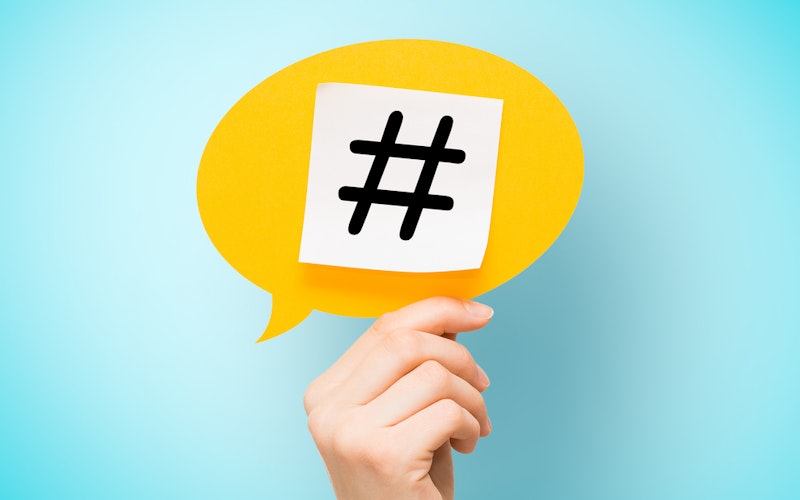
Online
When Hashtags Have Prophetic Power
Authenticity and social media don't often occupy the same space, but a few hashtags recently emerged on Twitter that—for a while, at least—spurred honest, open dialogue and gave voice to those who have been marginalized in the church: women, and black women in particular.
Sarah Bessey, author of Jesus Feminist: An Invitation to Revisit the Bible's View of Women, was watching a conversation unfold about #thingsonlywomenwritershear, when it came to her that there might be something to say about #thingsonlychristianwomenhear.
“I knew that the conversation existed,” she told me in an interview. “I think a lot of women who write about feminism in the church or who care deeply about women’s issues in the church are not strangers to this.”
So she hashtagged it, got on a plane, and didn't think much of it. By the time she landed several hours later, her Twitter feed had blown up with replies and retweets—all Christian women sharing their own experiences of being silenced, told they can't lead in the church, told to stay with their abuser, or being pigeonholed as a future "pastor's wife" even if they had a degree from a seminary.
“Women were voicing their lived experiences,” Bessey said. “‘Here’s what my truth is. Here’s what it means to be a woman in the church.’”
It didn't stop there. Christian hip-hop artist Propaganda (Jason Petty) saw the hashtag and was "triggered" because so much of what was being tweeted didn't necessarily apply to black Christian women. So he tweeted #thingsonlyblackchristianwomenhear.
Responses revealed both sexism and racism within the church.
“I didn't want to mansplain or co-opt a safe space for my sisters,” he told me via email. “So I thought of the hashtag really off-the-cuff. And then just wanted to back out and see the intersection of experience between black women and white women in the church.”
The responses revealed both sexism and racism within the church, where stereotyping was a common experience for black women in ministry, particularly in spaces where they were in the minority. Ilesha Graham (@cocospeaks) offered: “I was pleasantly surprised at how well spoken you were on stage. You're different from the other ones.” Armchair Commentary (@thearmchaircom) shared: “Hearing sermons about being slow to speak when someone gets shot, but being told to speak for the unborn.”
Ekemini Uwan, who earned her master’s of divinity from Westminster Theological Seminary in Philadelphia, is a speaker at the intersection of theology, politics, race, and culture. She too joined the #thingsonlyblackchristianwomenhear conversation.
“I know when conversations aren’t geared toward me,” said Uwan, who hosts the Truth’s Table podcast with two other black women and also spoke to me in an interview. “I wanted to carve out a space for our sisters. There’s enough room.”
And so the conversation kept flowing. And flowing. But to what end? Is this just a blip or will it spark a larger conversation about race, gender, and patriarchy in the church?
Bessey said she hopes for the latter.
“We need to talk about this,” she emphasized. “It is important. The thing, too, people need to understand, is that talking about what’s happening isn’t the thing that’s hurting the church. The thing that’s happening is hurting the church. You can’t fix what you won’t admit is broken… I see it as these spirits, powers, and principalities are gripping and crippling the church. The most faithful thing we can do is shine the light.”
Topics: Online, Culture At Large, Science & Technology, Theology & The Church, The Church